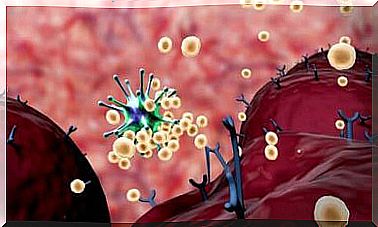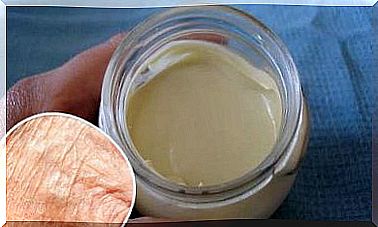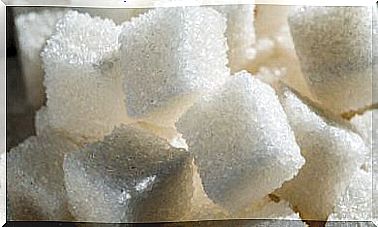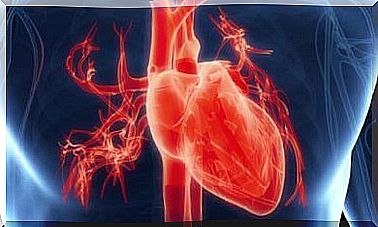Why Can Gluten-free Diets Be Harmful?
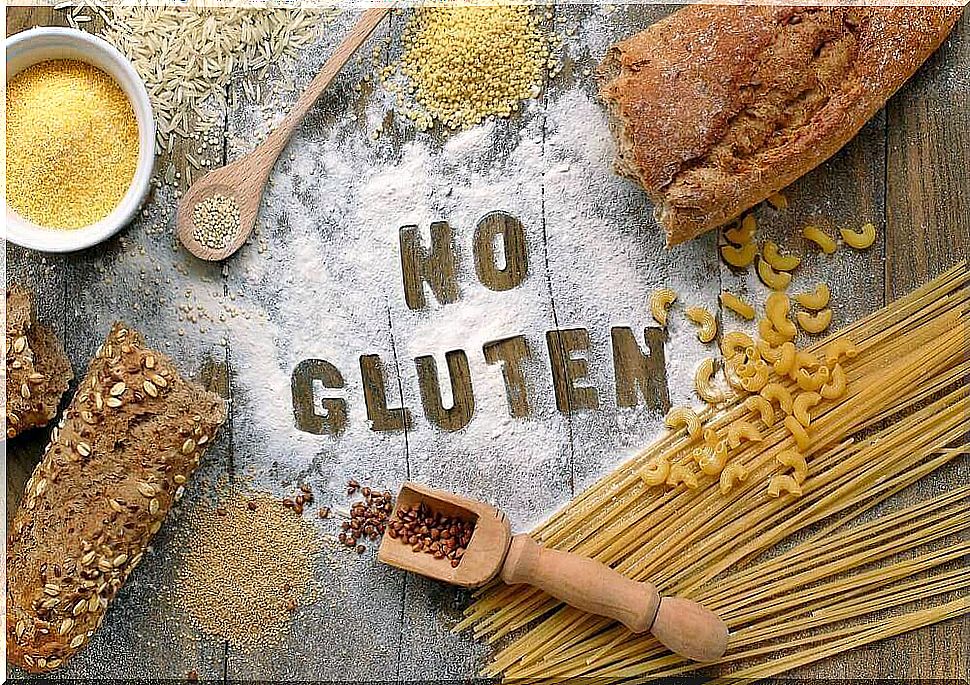
Do you follow a gluten-free diet without a recommendation from your doctor, just because you heard it’s the new trend? You should know that if you do not have a gluten intolerance, gluten-free diets can seriously affect your health.
This diet has become popular because people believe that they will lose weight by eliminating certain types of carbohydrates in their diet. However, if that is your goal, you should choose a different type of diet or talk to a nutritionist.
If you think you may have a gluten intolerance, consult your doctor to find out if this is the case. Otherwise, you may experience the following issues associated with gluten-free diets.
Vitamin and mineral deficiencies: Gluten-free diets
Gluten-free diets can cause mineral and vitamin deficiencies because your intestines have trouble absorbing nutrients. This is a common problem when you stop eating gluten-containing foods. It is common for doctors to suggest a supplement to cover these deficiencies.

However, when you follow this type of diet without supervision, it is common not to think about such needs your body has. The most common nutritional deficiencies are iron and vitamin B.
If the deficiency is severe, you may have difficulty performing your normal daily tasks and activities. The solution is to eat foods that are filled with the various nutrients that you would not otherwise get on a gluten-free diet.
Stomach and intestinal problems
Another risk with gluten-free diets is that you can often experience constipation. This is because foods with gluten also usually have a high fiber content.
Remember that fiber helps loosen the intestines. If you already have constipation problems, avoid this type of diet unless it is necessary. Again, remember to see your doctor if you suspect you may have gluten intolerance.
If you can not avoid it, remember to add in other foods that have a lot of fiber in your diet:
- Nuts
- Seed
- Oats
- Quinoa
- Grain
In addition to experiencing annoying constipation symptoms, you will begin to put on weight. This is due to the accumulation of toxins in the intestine. The good news is that when you start consuming fiber again, you will lose that excess weight.
You may be at risk of consuming high levels of arsenic
People who follow gluten-free diets often use rice as a substitute. This is because it is very cheap, easy to cook and very versatile. The problem is that rice can contain small amounts of arsenic which, when collected, can cause heart problems.
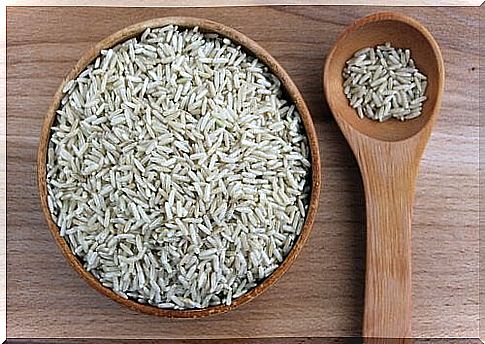
When you have a gluten intolerance, your doctor will usually give you recommendations on which foods to eat and in what amounts. If you follow this diet and do not have an intolerance, you will probably exceed the amounts of nutrients you need to maintain a healthy and balanced diet. If you do not have an intolerance, remember to include a variety of whole grains in your diet.
Rice should be a small part of your diet, not the only thing you eat.
Your wallet will not be happy
Gluten-free diets cost a lot of money. Although there are many gluten-free products, the vast majority cost a lot more than the versions that contain gluten.
This is because this type of food requires more research and investment. Remember that these products are part of a medical treatment.

The best option if you want to lose weight without damaging your wallet is to eat natural products. That is, plan your weekly menu and focus on foods that are easy to buy and that are in season. And you can get these products in your local market.
You will eat large amounts of processed foods
Gluten-free diets are usually based on foods that have gone through several processes to eliminate gluten in them. This results in several factors:
- You will eat a lot of sweeteners. Because foods are processed so much, some types even lose to stay fresh. To keep them in good condition, preservatives must be added.
- You want to add too much fat to your diet. Since processed foods lose some of their freshness, they need extra fat to maintain their softness and freshness. Because of this, a gluten-free diet can cause heart problems, fatty liver and, among other things, diabetes.
Do you follow a gluten-free diet without talking to your doctor first ? Do not do it anymore. As you can see, there are many risks involved.




